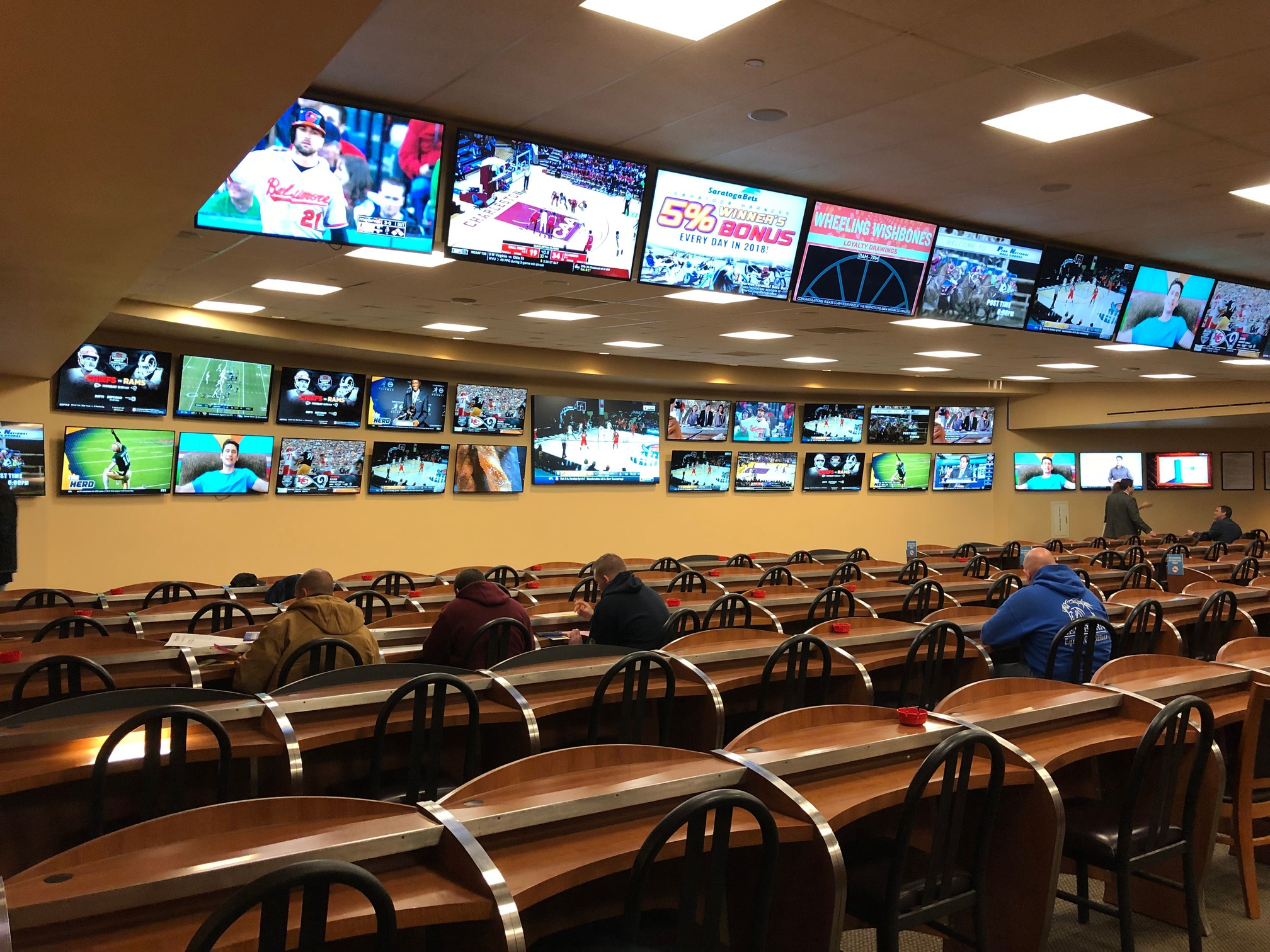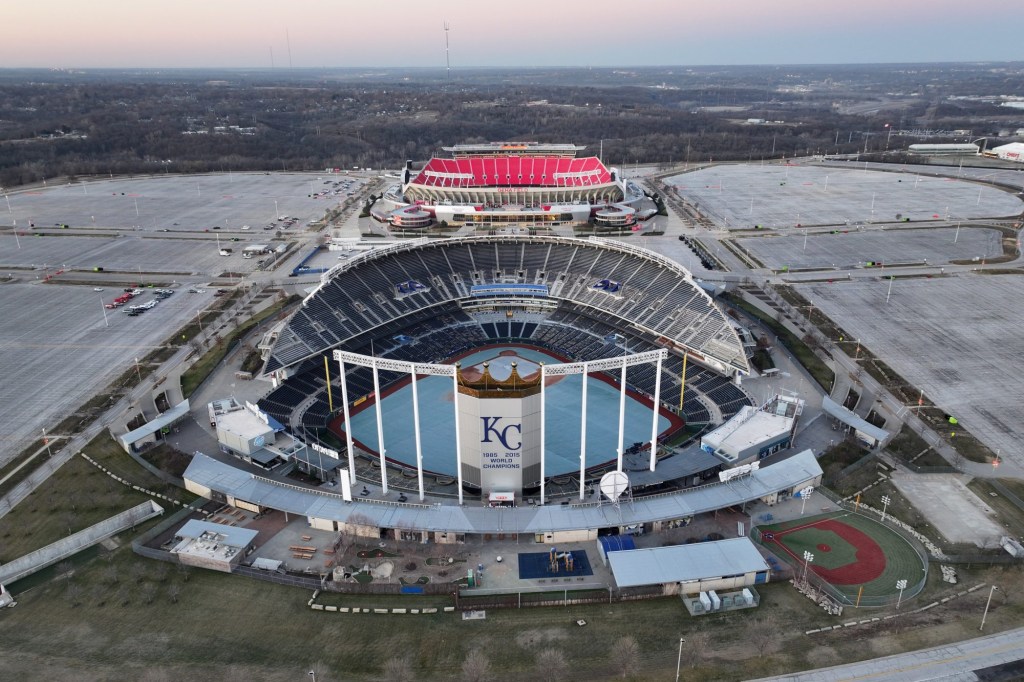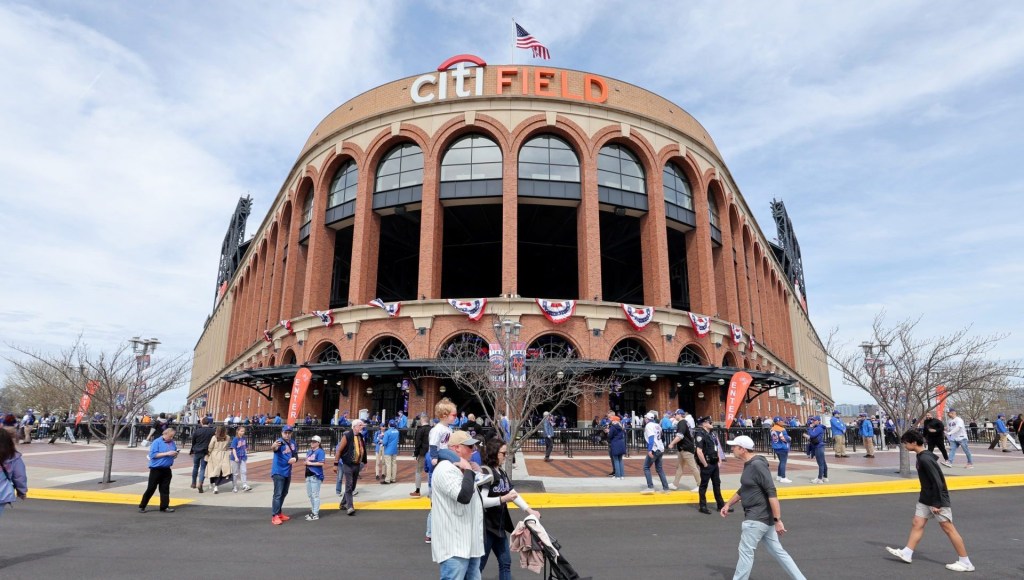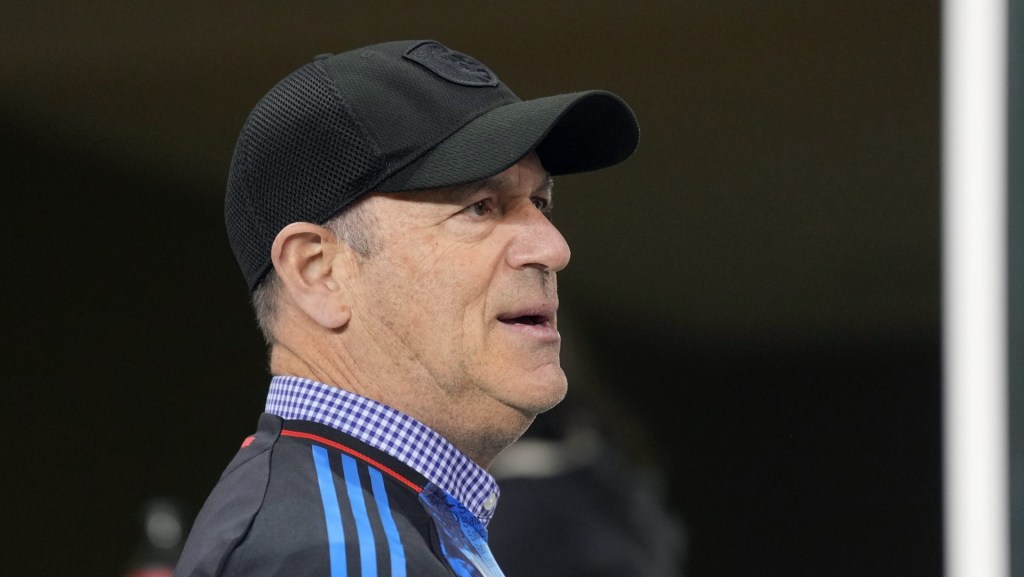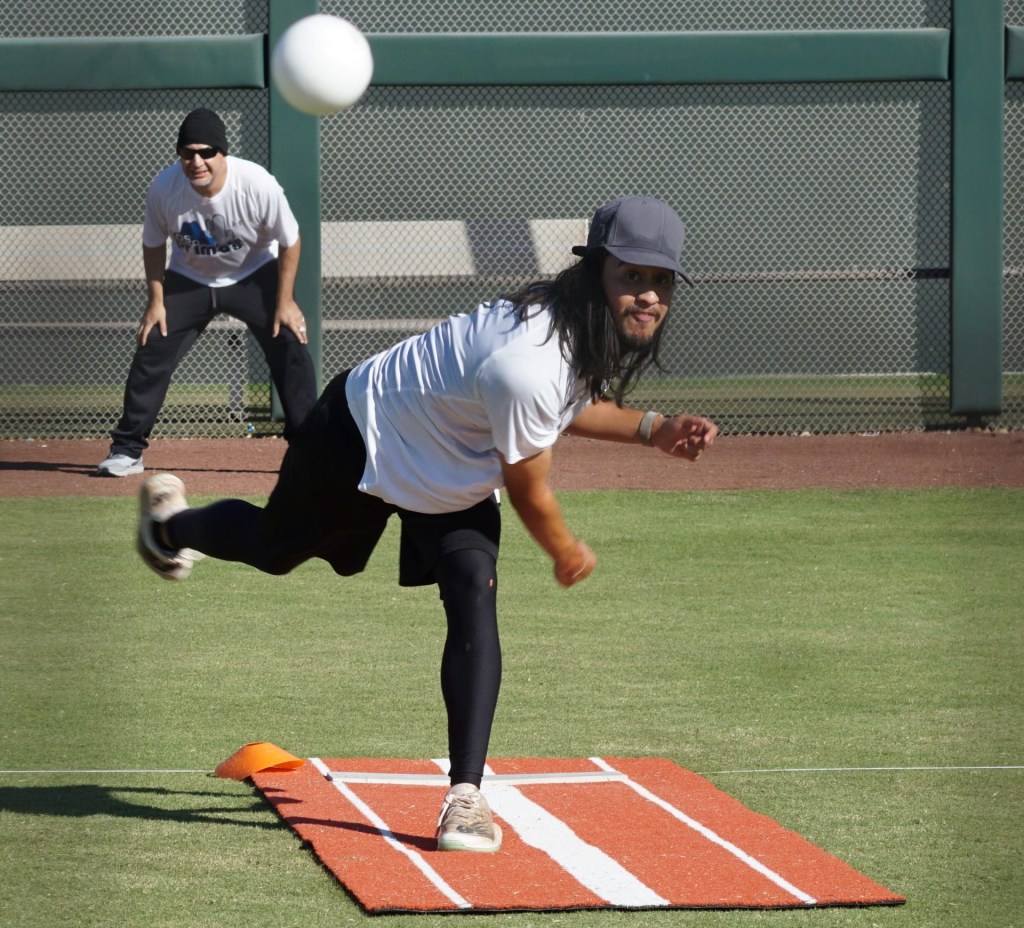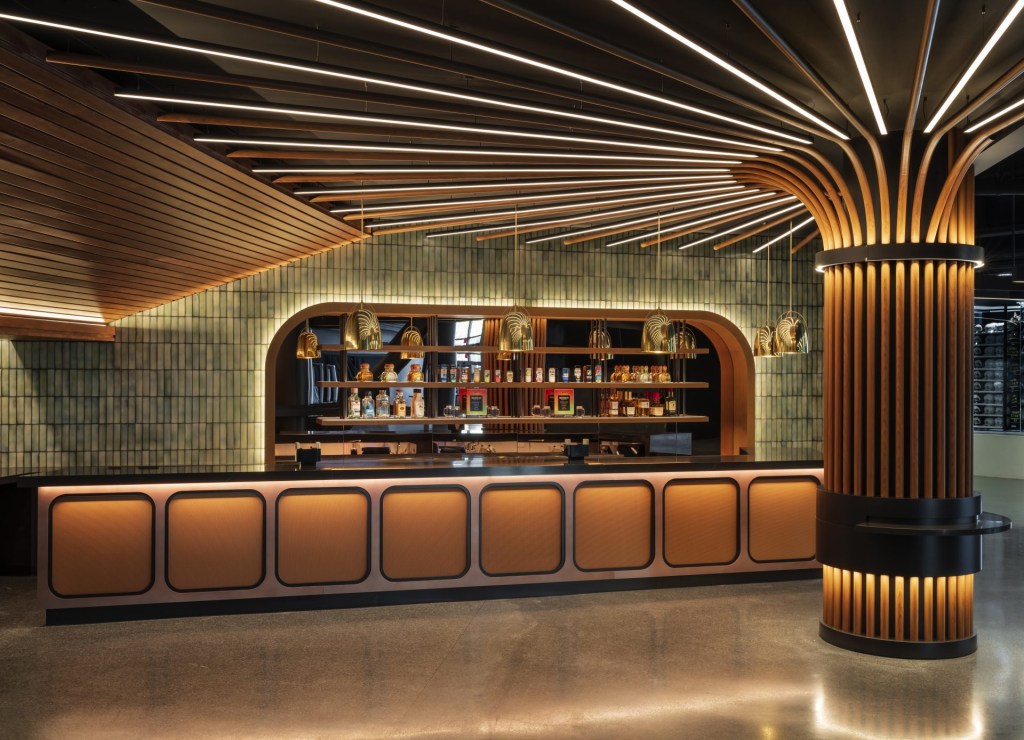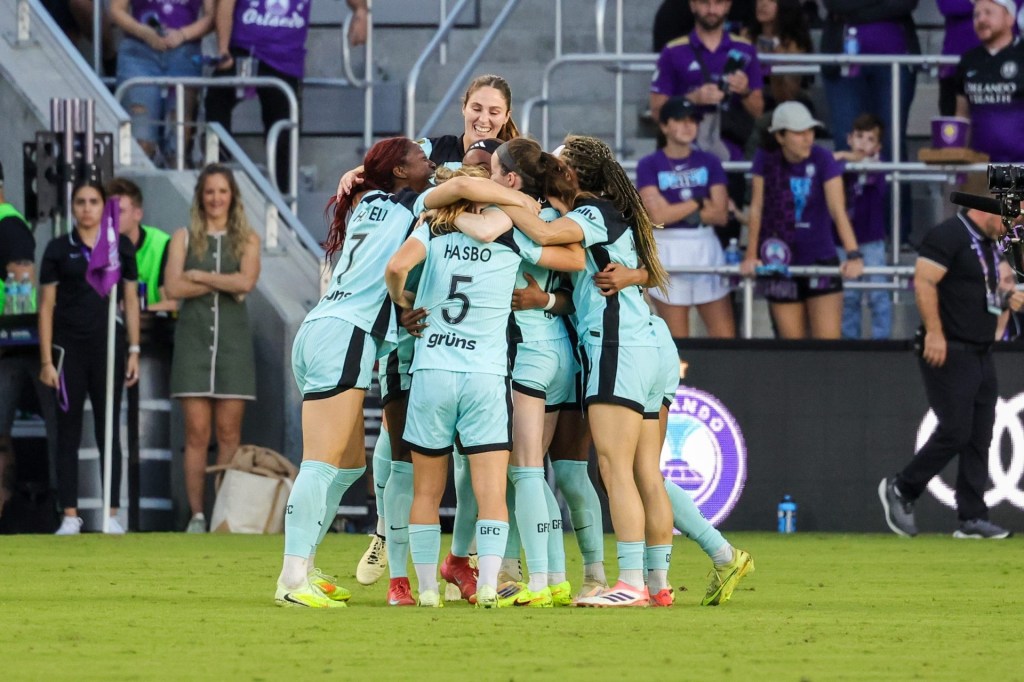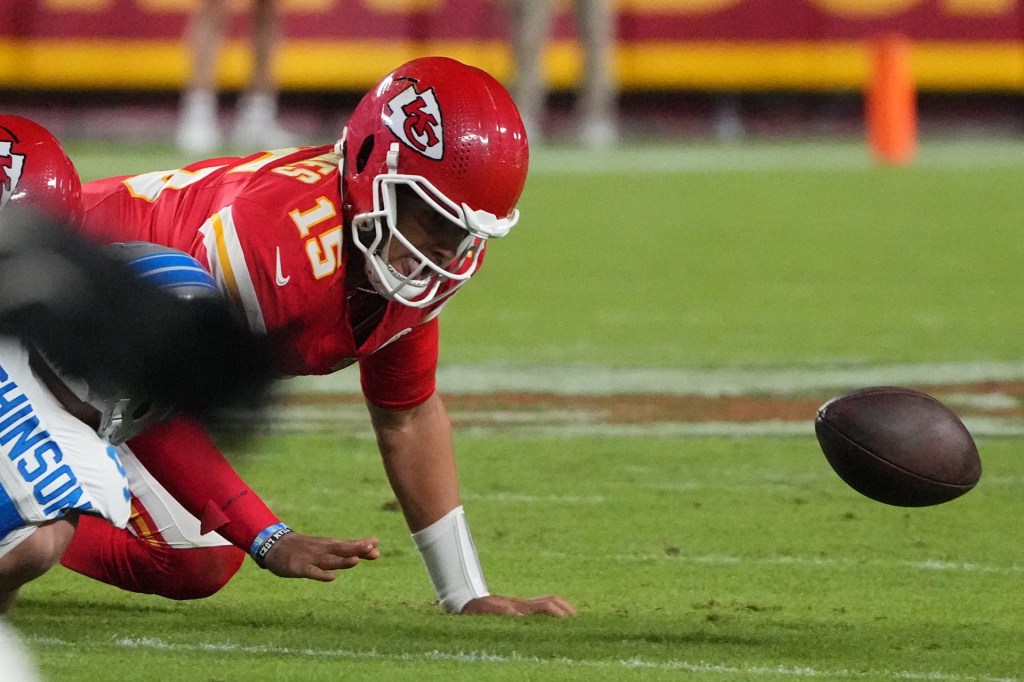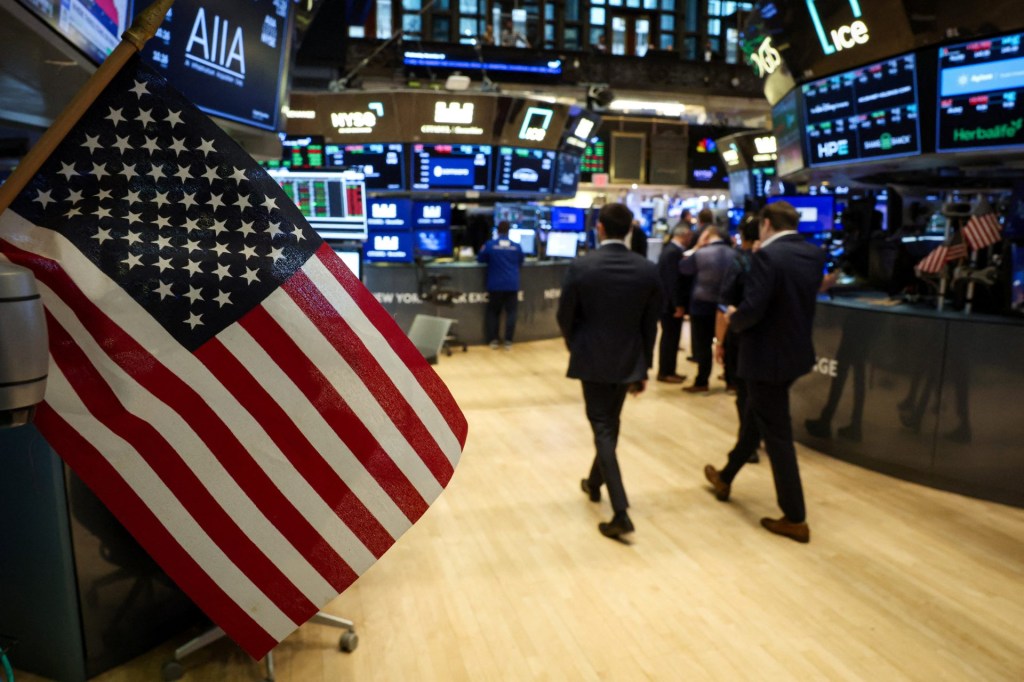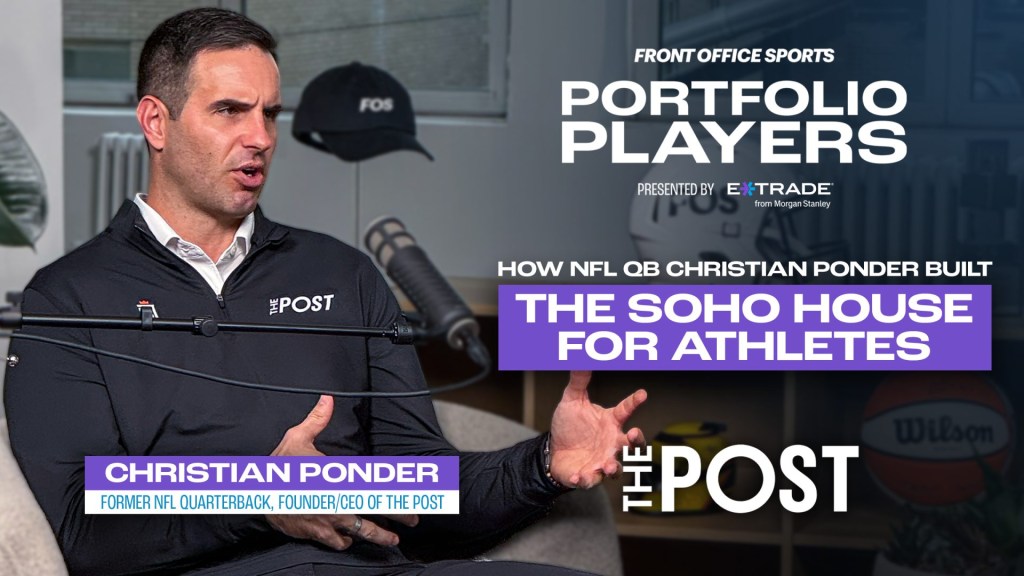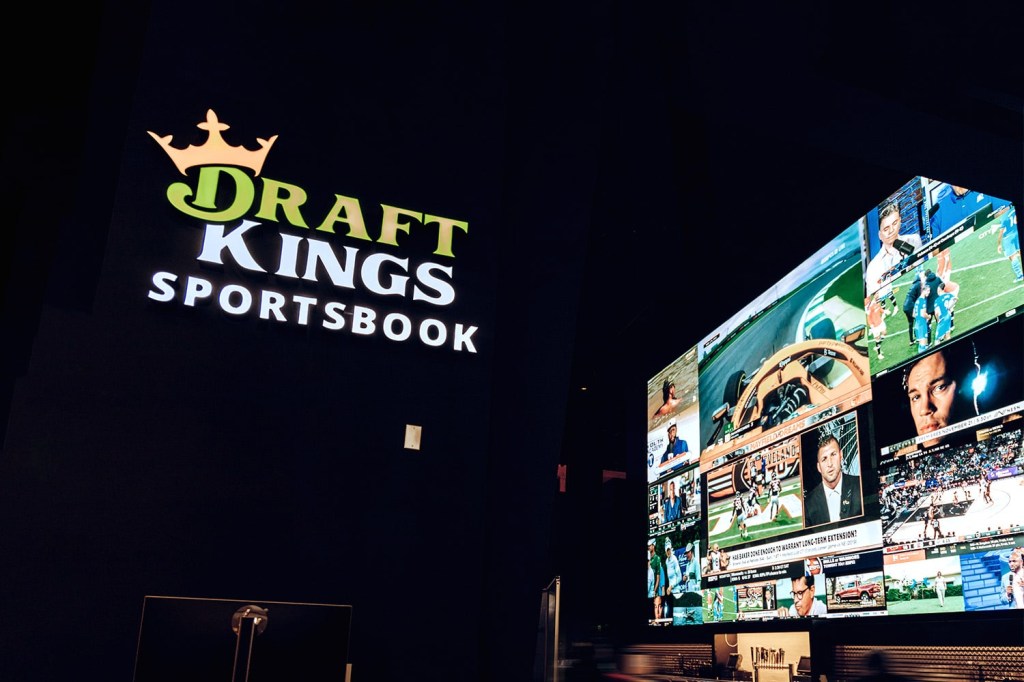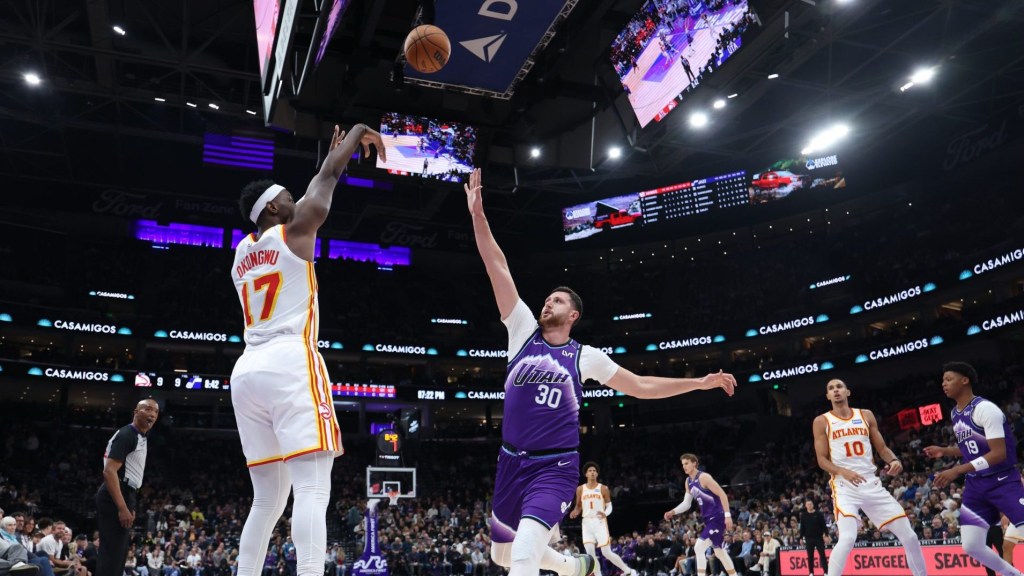Penn National Gaming CEO Jay Snowden credited the success of the Barstool Sportsbook app, in part, for the company’s first profitable quarter of its fiscal year. He also noted there will be a deeper push with Barstool, including branded sports bars in major cities where sports betting has been legalized.
Penn National Gaming, which completed a purchase of a 36% stake in Barstool in February, reported net income of $141.2 million in its third fiscal quarter on $1.13 billion in revenue. On a conference call with investors that followed the report’s release on Oct. 29, Snowden said the app — which is currently only available in Pennsylvania — will be a larger driver of company revenues once more states give regulatory approval.
“We are generating real revenue [from the app],” Snowden said. “We couldn’t be happier what we are seeing and we are still in the first inning. We are learning a lot.”
The app has been downloaded more than 310,000 times, although that was nationwide. Only those within Pennsylvania are legally able to place sports wagers using the Barstool Sportsbook app. There were 48,000 user registrations based in Pennsylvania and 30,000 made deposits in their accounts that allowed them to place bets, according to Penn National Gaming.
In the first 37 days since the app launched, it has generated an overall handle — the total amount wagered by bettors — of $78 million.
Snowden said the company expects to launch the app in Michigan in coming weeks with more states to follow.
The first Barstool-branded sportsbooks are slated to open at the Ameristar Black Hawk casinos in Colorado and Illinois, and the Greektown Casino Hotel in Detroit by year’s end, according to the company. A fourth is scheduled to debut at the Hollywood Casino in Lawrenceburg, Ind., in January.
But Snowden also said the company was in the planning stages of creating Barstool sports bars that would include virtual sportsbooks “in large metropolitan areas” located in states that have legalized sports betting. That would allow Penn to bypass state regulations on brick and mortar casinos since betting would be done on mobile devices provided, like iPads.
“It would feel like a virtual sportsbook during the daytime,” Snowden said. “At nighttime, there would be a nightlife component as well.”
Through the first three quarters of its fiscal year, Penn National has lost $680.6 million, a product of both the pandemic that shuttered many casinos for a period of time and Hurricane Laura, the latter of which impacted the company’s casino in Lake Charles, La.
